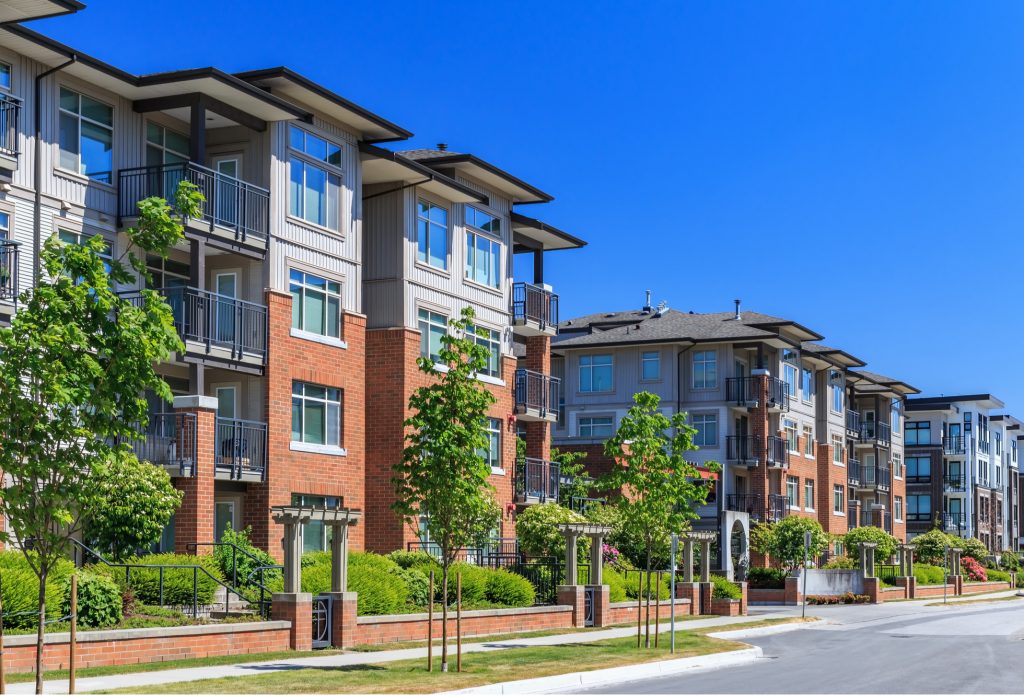Richmond, British Columbia, has set a consistent standard for hosted, short term rentals (STRs) while retaining the City’s standard of living. The following is a complete guideline for Richmond’s short term rental regulations so that anyone can be a responsible host when using platforms like Airbnb, VRBO, and other similar services. This rundown should give you a good start in understanding your local laws.
Short Term Residential Rentals
Residents of Richmond can offer two types of short term rentals (STR) (less than 30 days) in their homes: Bed & Breakfast rentals and boarding/lodging rentals.
- Bed and Breakfasts (B&Bs) require a license from the City. Residents who operate B&Bs, and who rent out rooms in their homes, such as STRs, fall into this category.
- Boarding/Lodging refers to STRs that involve no more than two persons at a time. Boarding/Lodging rentals do not require a license.
The City doesn’t permit short term rental of the entire house or unit for fewer than 30 days.
Long term rentals of more than 30 days are still permitted in residential zones, as long as the home does not operate as a bed and breakfast. Long term rentals can include both single-family and multi-family.
B&B Business License Requirements
Homeowners must meet the following requirements to qualify for a B&B Business License:
- Only single-family detached homes without secondary suites, granny flats, or coach houses can operate as B&Bs.
- The City does not permit B&Bs in residences that already have boarding or lodging.
- Only the property owner or member of the immediate family can operate a B&B.
- The residential dwelling must be the owner/operator’s principal residence. Moreover, the operator must provide annual verification of residency as part of the license renewal process.
- B&B operators must notify neighbours of the proposed short term residential rental operation, as well as provide their contact information.
- B&B operators can rent out up to three rooms at the same time, with a maximum occupancy of two people per room.
- For all new operations, there must be a 500-meter buffer from all existing B&B rentals.
B&B operators must renew their Business Licenses annually.
B&B Business License Application
To apply for a B&B Business License, applicants can pick up an application at Richmond City Hall. Alternatively, they can download an application form on the City’s website.
When applying for a Bed and Breakfast Business License, applicants must have the following information ready:
- Identification: Applicants must prove that the home is occupied by the owner or a member of the immediate family.
- Home Floor Plans: Applicants must draw the plan to scale, representing the entire floor area of all levels of the home that will be used for the B&B. Moreover, applicants must clearly indicate the usage of each room on the home floor plans.
- Fire Evacuation Plan: Applicants must show each room that will be part of the B&B. They must also include exits, fire extinguishers, and smoke detectors on the fire evacuation plan. Moreover, they must post a fire evacuation plan in each bedroom of a B&B to be rented.
- Landscaping and Site Plan: The plan must include landscaping components, hard-surfacing (such as asphalt, concrete, and pavers), patios, and architectural components (like fencing, walls, etc.).
- Parking Plan: Applicants must identify car parking spots for occupants of the residence as well as parking spaces for guests.
- Signage: Applicants can include an Application for Sign Permit for any signage they use to identify the B&B business.
- Notification Letter: Applicants must provide a sample of the notification letter that they will distribute to the neighbours.
- Guest Registration Form: Applicants must include a copy of the guest registration form that they will use to collect information from guests.
Long Term Rentals and Boarding/Lodging
In residential zones (single-family and multi-family), long term rentals of more than 30 days and short term boarding/lodging are still permitted as long as the home does not operate as B&B. The City’s zoning bylaw limits boarding/lodging to a maximum of two individuals, and the operator must also live in the home.
Enforcement
The City investigates complaints and proactively conducts inspections of existing STRs in the community to ensure that they comply with the City’s short term rental regulations. Under the Municipal Ticketing Bylaw, fines for short term rentals are $1,000 per offence, with a maximum fine of $10,000 for a conviction in the court of an offence under Richmond’s Bylaws.
Other Regulations
As a responsible host, you must comprehend and abide by other vacation rental rules and regulations that bind you. These include leases, community rules, HOA rules, or other guidelines set up by tenant associations. Feel free to reach out to your landlord, housing authority, or community council to find out more. To get more information about other short term rental regulations, you can visit Richmond’s official website or contact us.
